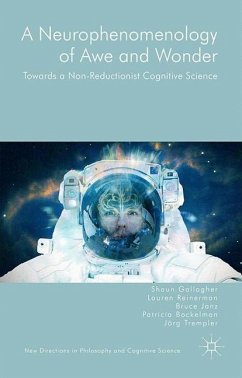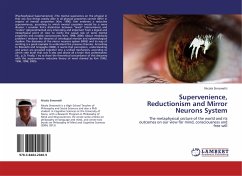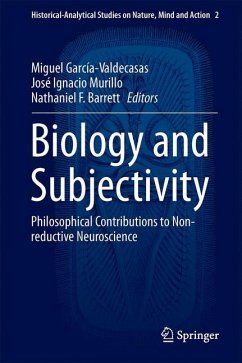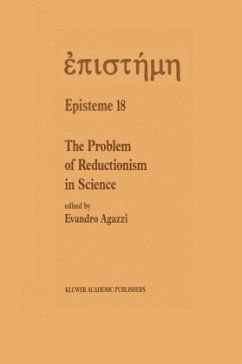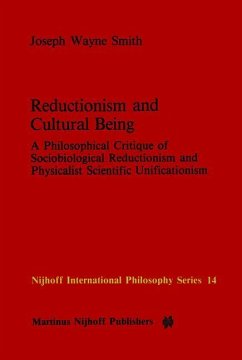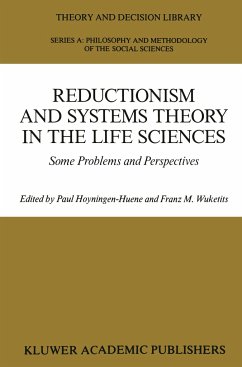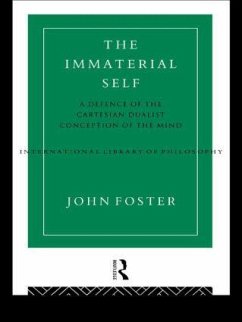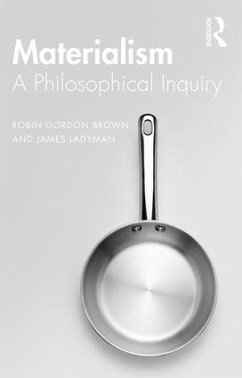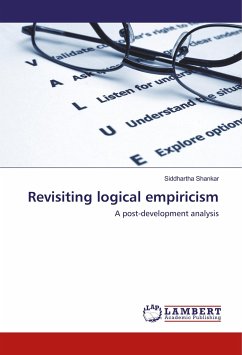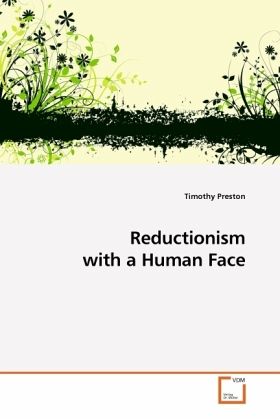
Reductionism with a Human Face
Versandkostenfrei!
Versandfertig in 6-10 Tagen
45,99 €
inkl. MwSt.

PAYBACK Punkte
23 °P sammeln!
For generations, philosophers of science have been largely skeptical of any prospects for a defensible reductionist thesis. What this book attempts is a thoroughgoing methodological reductionism that is rooted not in what philosophers pronounce in the ivory tower but in the real world of science as it is practiced. Central to the proposed argument is a complete rejection of the traditional weaknesses anti-reductionists routinely trod out in favor of what Preston calls the principle of epistemic contingency that claims that perceived limitations to epistemological access are not absolute but ch...
For generations, philosophers of science have been largely skeptical of any prospects for a defensible reductionist thesis. What this book attempts is a thoroughgoing methodological reductionism that is rooted not in what philosophers pronounce in the ivory tower but in the real world of science as it is practiced. Central to the proposed argument is a complete rejection of the traditional weaknesses anti-reductionists routinely trod out in favor of what Preston calls the principle of epistemic contingency that claims that perceived limitations to epistemological access are not absolute but change in virtue of ever simplifying previously complex phenomena. The result is a philosophy of science that treats the whole of nature as less fractured, less bounded but more connected. For those waiting for a real critical treatment of the traditional anti-reductionist strategies and an alternative approach that paves the way for a reductionism with a bite, here it is.



